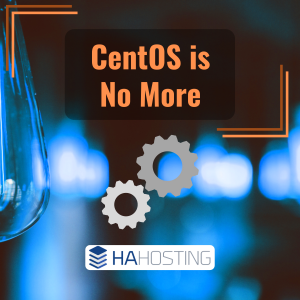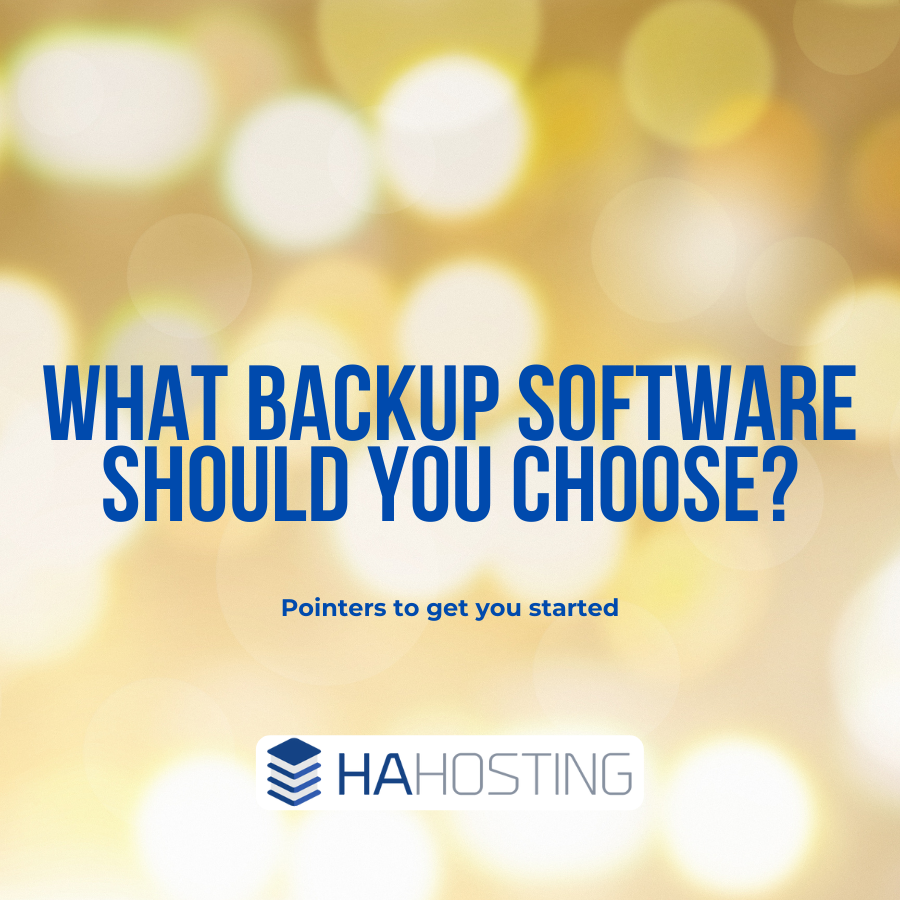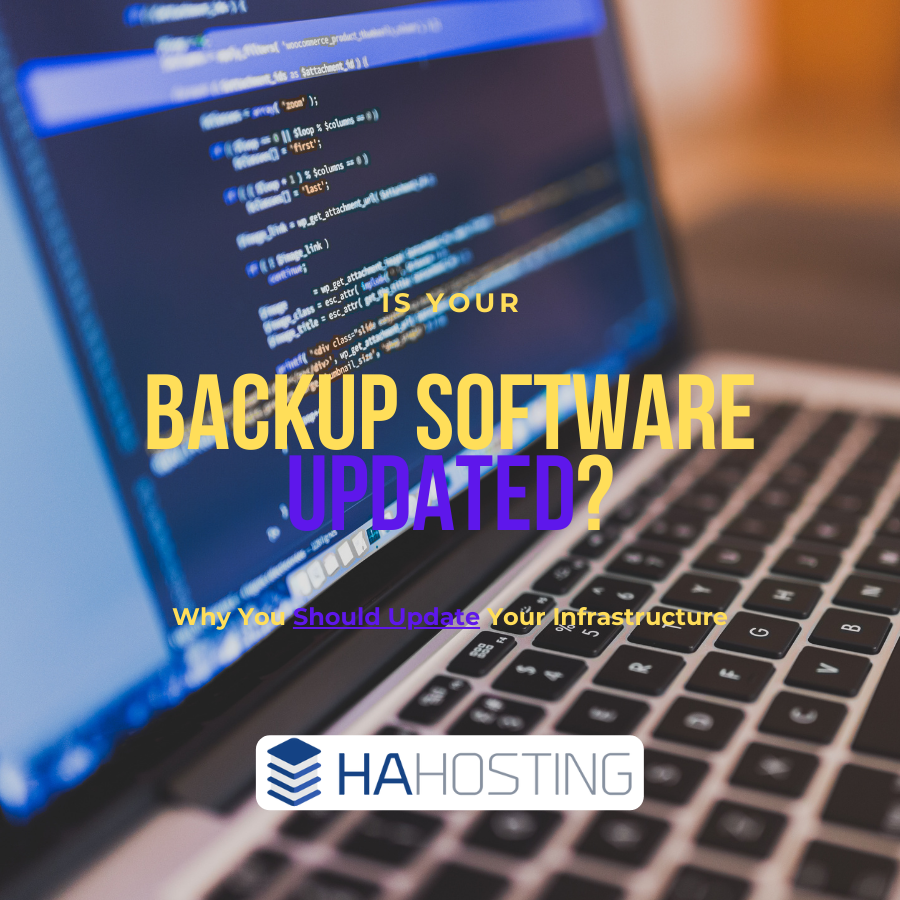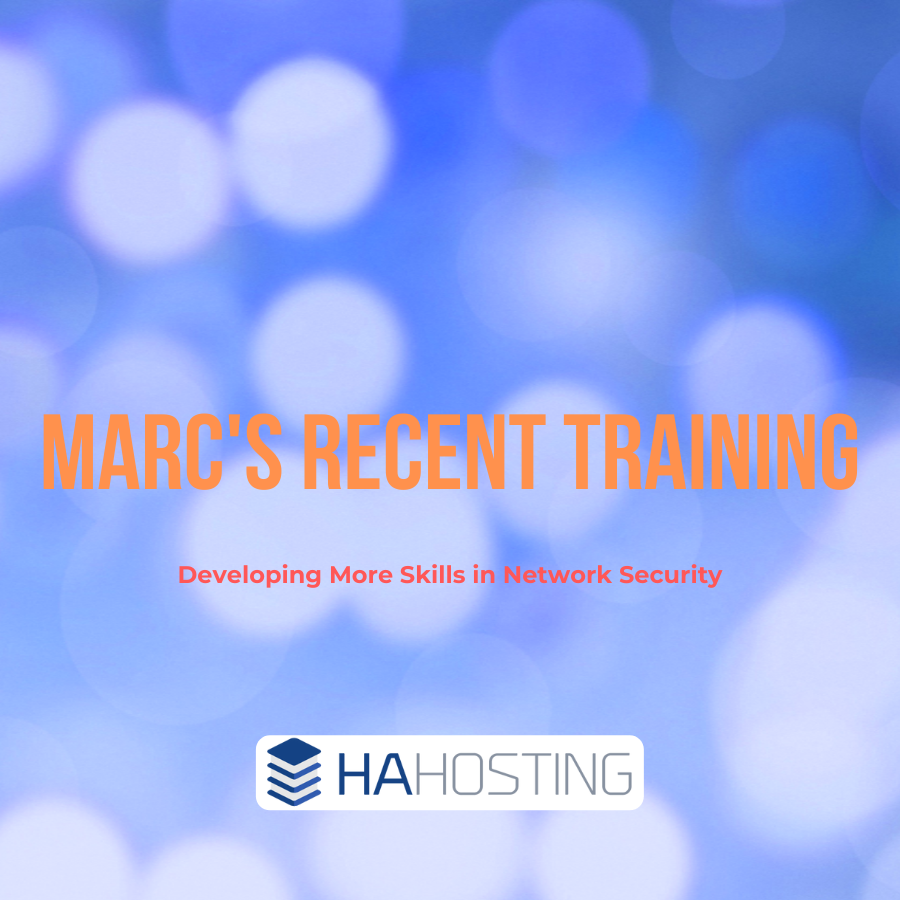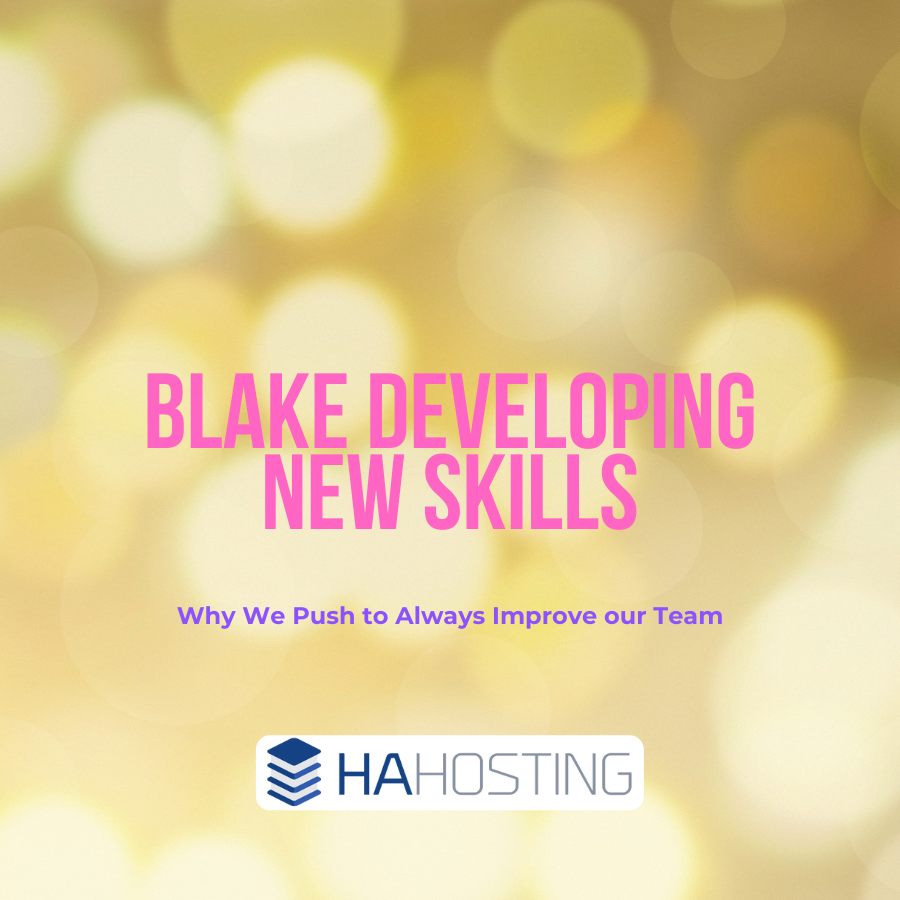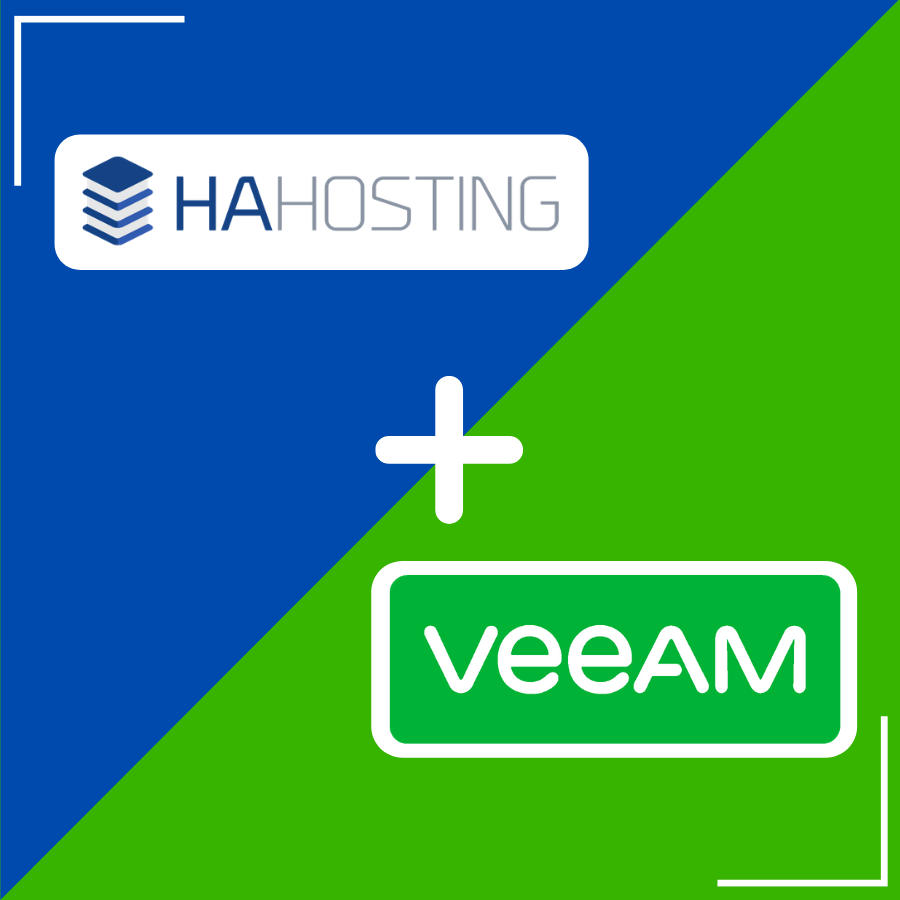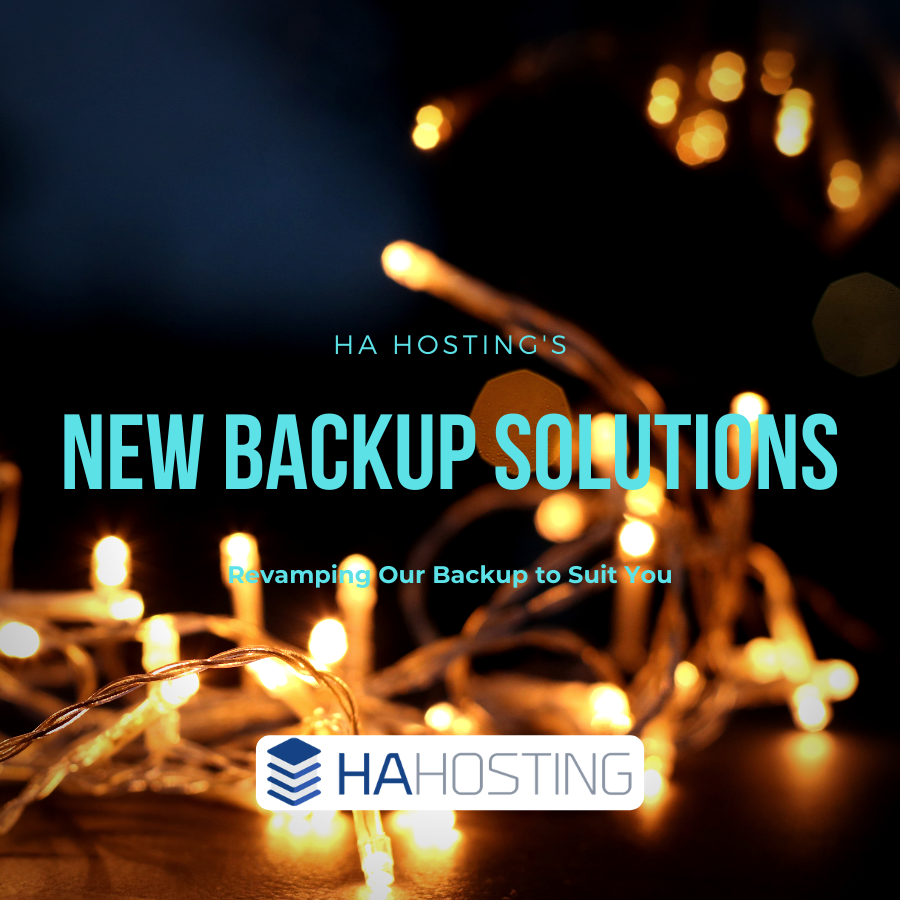Latest Blog Posts
CentOS is No More – What’s Next?
So as most of us know, CentOS is no longer being maintained, at least not as we know it. It is now being developed as CentOS Stream. The announcement—which clearly stated “CentOS Stream is not a replacement for CentOS Linux” leaves a lot of us in a “what to do know” situation. With CentOS 8 we were expecting support till 2029 according to the roadmap but is now suddenly “2021”! CentOS 7’s support ending in 2024.
Whilst this seems like bad news for CentOS users, there is some good news: CentOS might be dead, but it’s far from your only option for a “rebuild” distro that’s binary-compatible with RHEL. From a High Availability Hosting point of view, you have three choices for a new install or upgrading an old CentOS 6 platform.
-
CentOS Stream
Many now-former CentOS users are much too mad at Red Hat to consider migrating to CentOS Linux’s “not-replacement,” CentOS Stream. But despite Red Hat CTO Chris Wright’s bald-faced declaration that Stream is not a replacement for CentOS Linux it appears that for many users it actually could be.
I guess we need to clear up the difference between CentOS and Red Hat Enterprise. Effectively, “it’s the same thing, but without the branding and the enterprise support.” In a lot of ways, that relationship will continue to be true. CentOS Stream and Red Hat Enterprise Linux will still track very closely to one another. The new relationship works something like this:
- RHEL version x.0 forks from Fedora
- CentOS Stream version x forks from RHEL version x.0
- Development work for RHEL x.1 is done in CentOS Stream version x repos
- RHEL x.1 forks from CentOS Stream version x
So, in more depth
- RHEL version y.0 forks from Fedora
- CentOS Stream version y forks from RHEL y.0
- Development work for RHEL x.2 is done in CentOS Stream version x repos
- Development work for RHEL y.1 is done in CentOS Stream version y repos
- RHEL x.2 forks from CentOS Stream x
- RHEL y.1 forks from CentOS Stream y
So, while CentOS Stream is something of a rolling release, it is a limited one. It rolls from one minor version to the next, but its major version is stable and tracks Fedora’s. So what’s the catch you say?
Well, what’s lost here is the ability to control when you perform a minor version upgrade on your system. A user on RHEL 8.x can decide when they’re ready to upgrade to RHEL 8.y, whereas a CentOS Stream 8 user will seamlessly and automatically flow through the builds that are to become Red Hat minor releases.
If your system would normally run the latest software and you would happily roll through a release like a Debian user would then CentOS Stream would be a viable replacement. As you update you will just roll through the release versions without notice.
If, however you need that fine control over release versions then one of our next solutions might be more suitable for you. If you can get past the annoyance of the changes, I do believe Stream is an option for most of us.
-
Red Hat Enterprise Linux
I don’t think RHEL needs much of an intro it’s been going that long! And unless you fall under the new 16 machine developer license (basically non-production) from what we read into it albeit free, there is a cost.
Red Hat what’s you to purchase enterprise support and will provide access to all its update streams.
Now as all our other options spin-off from Red Hat it seems only fair, we include this as an option, and let’s face it if your Bank Balance allows it then why not! It’s a great product.
I guess we could include Fedora at this point but with it being the upstream of Red Hat it’s not really a “Production OS” in our opinion.
-
AlmaLinux
Now I must state this is currently a BETA OS as such I wouldn’t use it in a production environment quite yet.
However, this project has more than just promise. Here is what they say about it “Welcome to AlmaLinux, a new RHEL fork from the team at CloudLinux. A free Linux OS for the community, developed in close co-operation with the community.”
In all terms and purposes, the team over @ CloudLinux have started a replacement for CentOS. Its currently running on the Red Hat 8.3 revision and from testing so far, it’s a great OS.
From our point of view, once stable, it’s a no brainer for those who
- Don’t want the cost of RHEL
- Don’t like the quick release format of Stream.
We will be adding AlmaLinux to the mirror list shortly over @ http://mirror.hahosting.com and the ISO’s / Templates for the Beta release will be available to build over the coming weeks.
We must stress this is still a BETA and HA Hosting cannot be held responsible for use in a production environment.
What is Single Server Colocation Hosting?
What is Single Server Colocation Hosting? So, we’ve chatted about Colocation before and it’s one of the core services we provide here at HA Hosting. But what exactly is Colocation? […]
Read MoreWhat Backup Software Should You Choose?
Choosing what backup software to use can be complicated. There are many factors to consider and unfortunately, there is no one ‘best choice’ as every person’s or business’ requirements […]
Read MoreWhen Did You Last Do a Backup Software Update?
When is the last time you checked and/or updated your backup solutions software? Having a backup solution in the first place is, of course, a positive thing. It adds a […]
Read More“Should My Domain Be In My Name?”
Should Your Domain Be In Your Name? A Website Domain is a massively important part of your business, especially in today’s age where online business is bigger than ever. So […]
Read MoreTips to Improve Data Protection
3 Tips to Improve Data Protection for a Solo/Small Business Running a business either by yourself or with only a small team can be tough! There is already a […]
Read MoreAlways Improving – Marc’s Training
Always Looking to Improve In our last blog post, we mentioned encouraging our team members to pursue training to help develop their skills – benefiting both them as an individual […]
Read MoreAlways Improving – Blake’s Training
Always Trying to Improve One thing we always try to do here at HA Hosting is to keep improving in all aspects that we can. This could be technology, processes, […]
Read MoreVeeam Cloud Connect – What Is It?
Veeam Cloud Connect – What Is It? In our last blog post, we spoke about how HA Hosting is partnering up with Veeam. And how this would let us provide […]
Read MoreWe’re Partnering Up with Veeam
We’re Partnering Up with Veeam If you read our last blog post about the new types of backup services we’re developing this will be less of a surprise. For […]
Read MoreOur New Range of Cloud Backup Solutions
Our New Range of Cloud Backup Solutions As you probably know, as a Data Centre one of the main services we can provide to people and other businesses is […]
Read More
